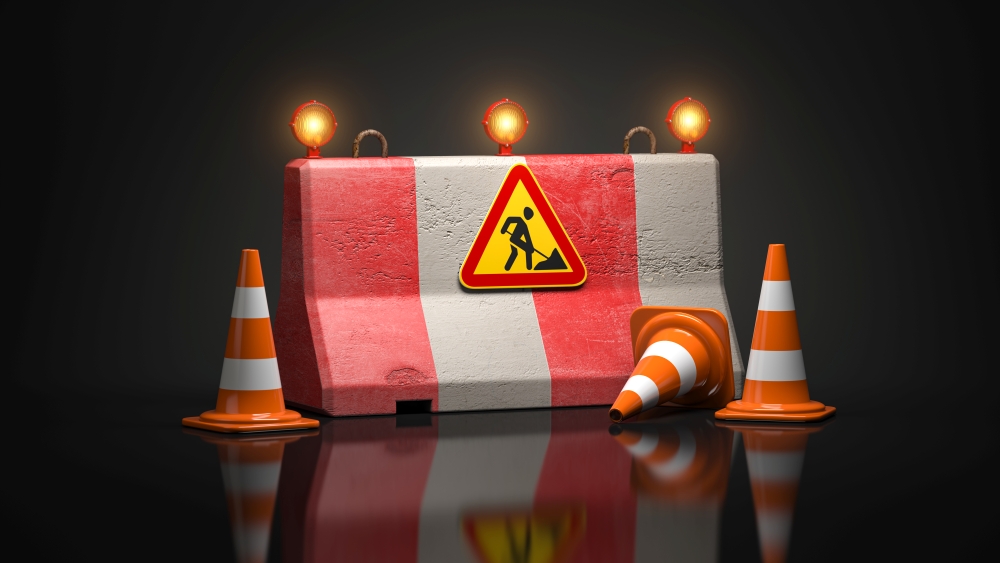Death of an Industry
By Peter J. Pantuso
Decimated by the COVID-19 pandemic, the motorcoach industry passed quietly into the night because they did not receive vital economic relief from Congress during the CARES Act and subsequent government stimulus packages. The industry's 3,000 small businesses closed their doors and furloughed more than 100,000 employees and left idle 36,000 buses.
During its more than 150 years of travel, the industry carried billions and billions of students, parents, workers, tourists, church groups, evacuees to field trips, work, new destinations and out of harm's way during natural disasters.
Annually, this once vibrant industry added more than $15 billion in motorcoaches and bus travel and $237 billion in group travel and tourism to the U.S. economy annually. Once a driver to economic growth and recovery over decades, the industry now sits idle and dying, losing 75 percent of its annual revenue and barely adding to the overall economy since the pandemic began in March.
During its last days in business, the industry rallied and sent more than 400 buses to the Gulf Coast to evacuate citizens in harm's way from Hurricane Laura and Tropical Storm Marco, as well as helping those in the path of California wildfires evacuate to safety.
The industry enjoyed driving millions of school children to school and on field trips across the United States. The industry provided millions who traveled daily on scheduled intercity routes to go to and from work their only means of affordable transportation. The industry enjoyed connecting rural America to urban centers when there were no other transportation options. The industry was proud to be play a key role in our nation's security by being a main transporter of our military from base to base and bringing our soldiers home when they came back from missions around the world. Our drivers enjoyed showing travelers new destinations and attractions around the United States, showing them the country as it should be seen…from ground level.
The 600 million people who rode motorcoaches every year will miss the convenience, the environmentally friendly and economically affordable means of travel. Some will not be able to get to work any longer. Millions will not be evacuated when the storms rage. Students will not have a way to get to school any longer nor will they be able to go on educational field trips.
The motorcoach industry was a steady friend to all. An economic driver. A people mover. A life saver. An essential piece of America's transportation system. But because Congress did not appropriate the desperately needed funding they needed to survive, it let them die.
As we mourn the demise of this industry, we need to ask ourselves “who will fill the gap? Who will help when hurricanes rage? Who will move our troops? Who will driver our children to school? Who will provide Americans affordable travel?”
This all could have been avoided had Congress provided a lifeline to the motorcoach industry by passing the Coronavirus Economic Relief for Transportation Sectors (CERTS) Act and delivered the much-needed money for the industry to survive this pandemic.
Peter J. Pantuso is the president & CEO of the American Bus Association (ABA) in Washington, D.C. ABA is the oldest and largest association representing the motorcoach and group travel and tourism industry.
